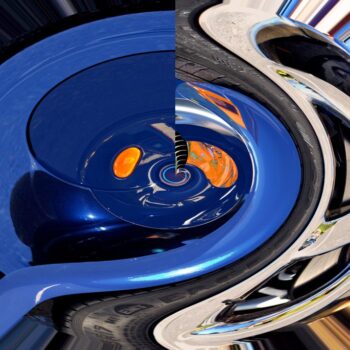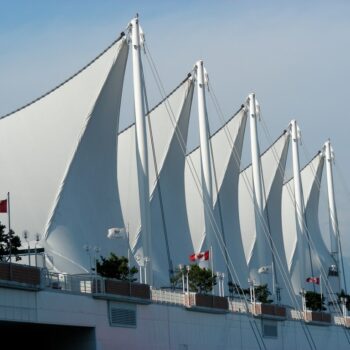
Coaching is Dead. Long live Coaching!
While we cannot know how coaching will unfold in either the marketplace or the academy, for coaches or the broader enterprise, we will all be well served by placing coaching within a broader temporal, intellectual and professional context. If coaching is to remain a primary activity rather than a derivative one it needs to be more overt about its genealogy and its identity. The articles in this issue make an important contribution to remedying the often a historical stance in coaching and to help meet the need for greater clarity on both its past and its future. They add to the dialogue in addressing Coutu and Kauffman’s (2009a) concern that “there is as yet no overarching definition, let alone organization, of the profession as a whole” (p. 5).
REFLECTIONS ON COACHING’S PAST
Stories are particularly important now because we are struggling to retain the ancient and familiar narrative structure to our existence in time when the past is swept away ever more quickly, the present is ever more compressed, and the future is ever more folding back into our experience. – David Drake
In building on David Orlinsky’s work as cited by Page (2009), it is important for coaches to acknowledge their place in a broad range and a long line of psychosocial practitioners. In doing so, coaches would gain a greater humility and clarity through understanding the giants on whose shoulders they stand, the unique contexts in which coaching has emerged and the specific needs it is designed to meet. For example, Jackson and Cox (2009) highlight the (significant but often unheralded) contributions of humanistic psychology to coaching, most notably the work of Abraham Maslow and Carl Rogers. It is from this work, among others, that coaches get their dedication to client-centered approaches and the search for transformative experiences. Everyone who engages in coaching needs to understand its heritage, regardless of their eventual applications, and everyone is at risk if the central ethos and elements upon which it is based are overly diluted through a lack of attention to this task.
The importance of these early figures and their influence on coaching can also be seen in Werner Erhard’s est movement which informed many of the early programs which would become coaching. I attribute much of the culture than grew up around coaching, for better and worse, to the fact that his work and others like it, with its more commercial and “new age’ orientation, was at the forefront of the coaching movement rather than the classical psychologists’ work on which much of it was based. Vikki Brock (2009a, 2009b) traces these connections in her two articles, e.g., the introduction of Fernando Flores’ doctoral work into the est community in the late 70’s that gave rise to ontological coaching and the work Thomas Leonard and Laura Whitworth drew from the est community which gave rise to the major coaching associations and many of the core principles and practices of coaching. Part of coaching’s evolution and maturation will entail acknowledging the many wonderful contributions from these early days as well as addressing its shadow sides, e.g., a propensity for hubris and a bias for “fake it until you make it.”
You can see also see these early connections in the comments by John Whitmore and Tim Gallwey as they describe their initial encounters with Esalen and other transformative learning environments that emerged in the late 60’s in California. To quote them, respectively, “It really was a mind-blowing experience for me because I think it was the first time I regarded emotions as valuable and useful instead of something you just suppress. It was the key moment for me.” (Drake, 2009a) “We’re not interested in what you think; we’re interested in what you’re feeling in the moment and in your ability to express it that’s where I understood the power of nonjudgmental awareness” (ibid.). Much of what emerged as coaching, and continues in large part today, is a reflection of these early experiences and values around self-awareness, self-expression, transformation, wholeness, etc.
- Posted by David Drake
- On January 4, 2022
- 0 Comment


Leave Reply